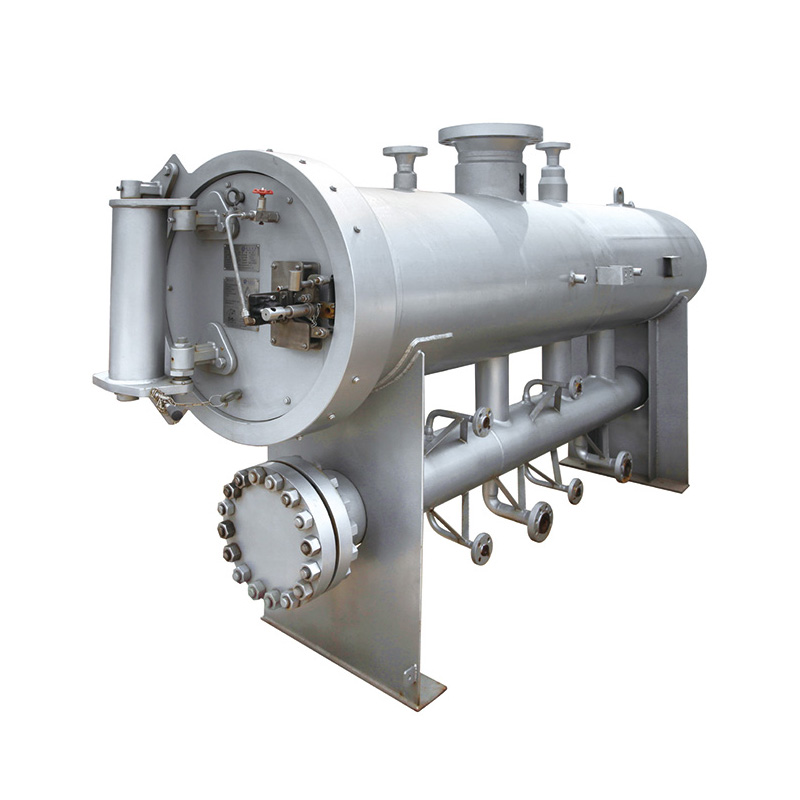
Dec . 05, 2024 14:00
Back to list
cng
CNG A Cleaner, Greener Fuel for the Future
Compressed Natural Gas (CNG) has emerged as a promising alternative to traditional fossil fuels, offering a cleaner, more sustainable solution for transportation and energy needs. With growing concerns about air pollution and climate change, CNG presents an opportunity to reduce greenhouse gas emissions and promote a healthier environment. This article explores the benefits of CNG, its applications, and the challenges it faces in becoming a mainstream fuel.
At its core, CNG is primarily composed of methane, a hydrocarbon that, when burned, produces significantly fewer pollutants than gasoline or diesel. This translates to lower emissions of carbon dioxide (CO2), nitrogen oxides (NOx), and particulate matter, making CNG a cleaner option for vehicles. According to various studies, vehicles powered by CNG can reduce CO2 emissions by up to 30%, thereby contributing to global efforts to combat climate change.
.
Moreover, CNG is not limited to public transportation; it's also gaining traction in the trucking industry. Long-haul trucking has long been a challenge in terms of emissions and fuel costs. The rise of CNG-powered trucks offers a viable alternative that can significantly reduce the carbon footprint of freight transportation. Companies that have adopted CNG fleets report substantial savings on fuel costs and a positive public image as environmentally responsible businesses.
cng

In addition to transportation, CNG is also used for electricity generation. As a cleaner-burning fossil fuel, it can be used in power plants to produce electricity with lower emissions than coal or oil. The flexibility of CNG allows it to serve as a backup for renewable energy sources like wind and solar, helping to create a more stable power grid. As countries strive to decrease their reliance on coal, CNG can play a key role in the transition to a more sustainable energy landscape.
Despite its advantages, CNG faces several challenges that hinder its widespread adoption. One significant barrier is the lack of infrastructure. Unlike gasoline or diesel, CNG refueling stations are still relatively sparse in many regions. For CNG to become a viable option for more consumers and businesses, investment in a comprehensive refueling network is essential. This includes not only public stations but also the installation of CNG equipment at fleets and depots.
Another challenge is the perception and awareness of CNG among the public. Many individuals are unfamiliar with it as a fuel option and may be hesitant to switch from conventional fuels. Educational campaigns and outreach efforts are crucial to inform the public about the benefits of CNG and debunk any misconceptions.
In conclusion, Compressed Natural Gas represents a valuable opportunity for reducing emissions and promoting sustainable energy solutions. Its applications in public transport, freight, and electricity generation highlight its versatility and potential impact on the environment. However, to fully realize its benefits, investments in infrastructure and public awareness are critical. As society continues to seek cleaner alternatives to fossil fuels, CNG could play a significant role in shaping a more sustainable future. By embracing CNG, we can move towards a cleaner, greener world for generations to come.
Next:
Latest news
-
Safety Valve Spring-Loaded Design Overpressure ProtectionNewsJul.25,2025
-
Precision Voltage Regulator AC5 Accuracy Grade PerformanceNewsJul.25,2025
-
Natural Gas Pressure Regulating Skid Industrial Pipeline ApplicationsNewsJul.25,2025
-
Natural Gas Filter Stainless Steel Mesh Element DesignNewsJul.25,2025
-
Gas Pressure Regulator Valve Direct-Acting Spring-Loaded DesignNewsJul.25,2025
-
Decompression Equipment Multi-Stage Heat Exchange System DesignNewsJul.25,2025

